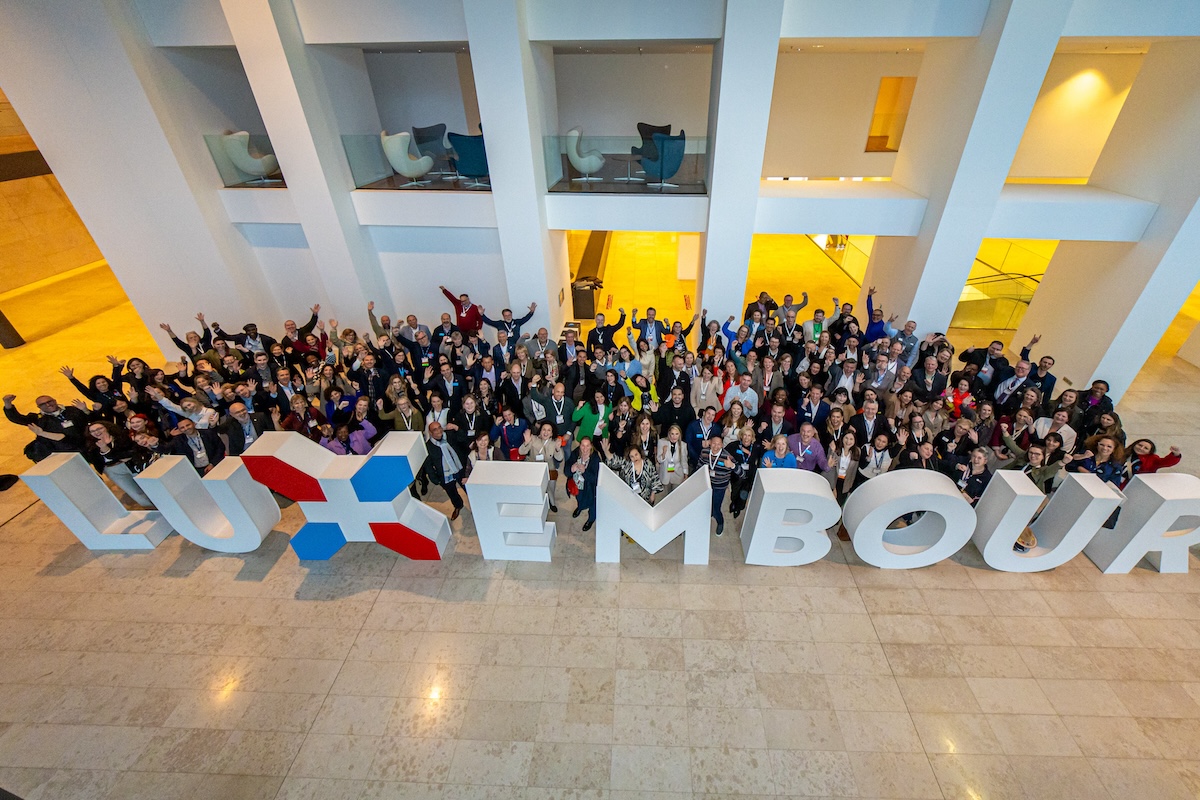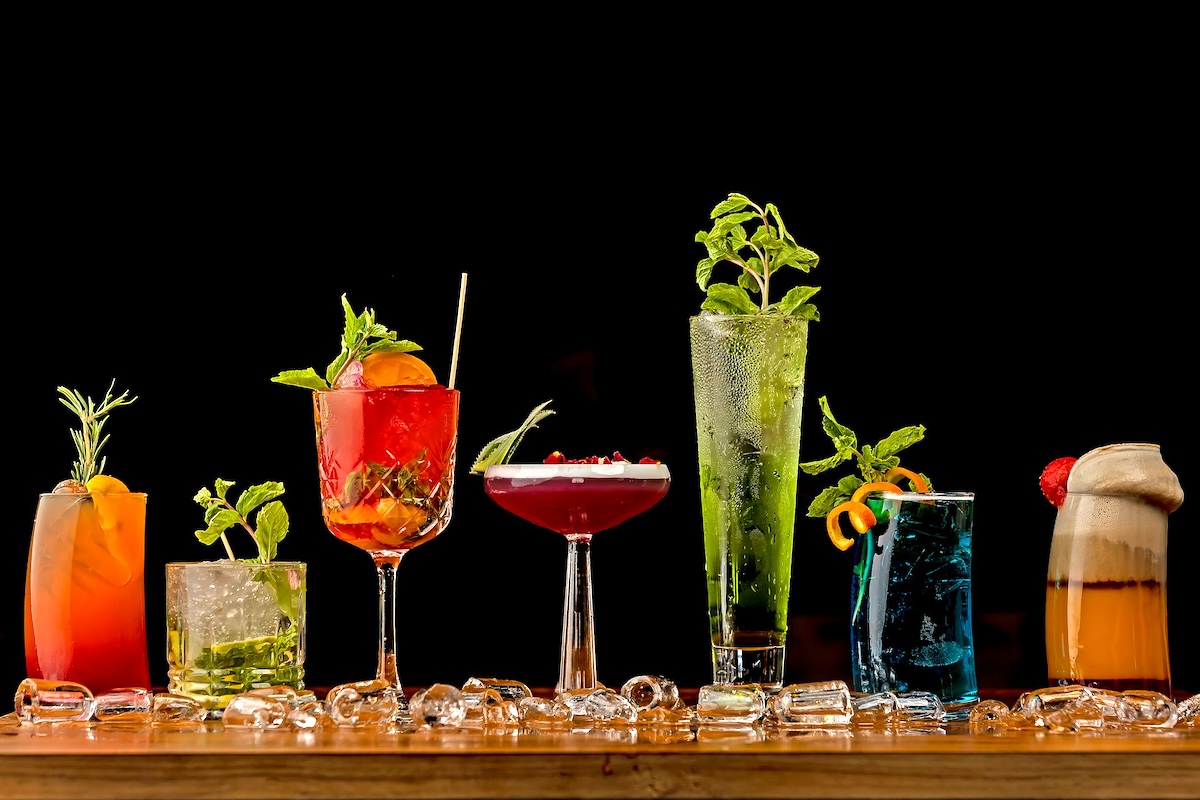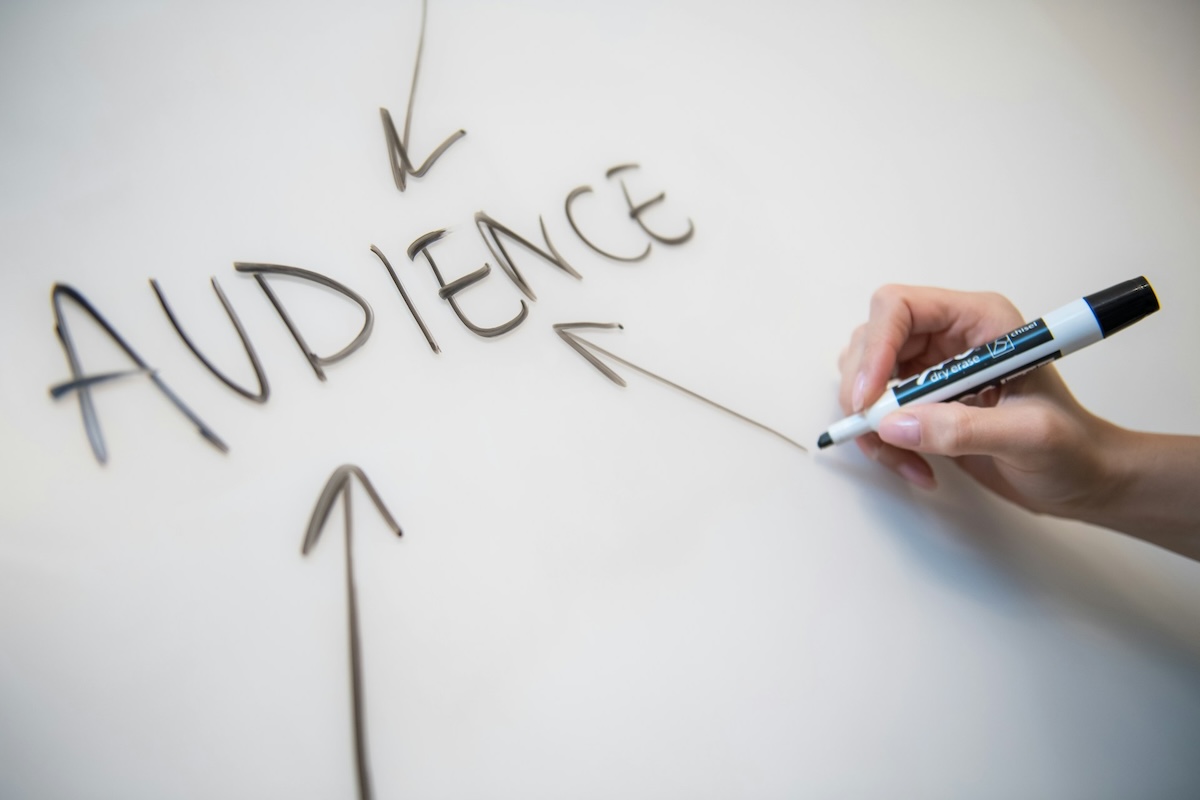Skift Take
Evoking emotion and stimulating the senses is the key to attendee engagement and creating positive, lasting memories, yet most planners still neglect experience and stick with convention.
When in-person events returned with vehemence after a lengthy, desolate pause, corporate event host Clare Forestier anticipated an oasis of change. After all, disruptions often accelerate innovation, and the meetings industry has gleaned insight and new audiences from digital and hybrid events. Instead, she saw event organizers disregard evolution, vision, and new voices and awkwardly return to an uninspired, monochromatic, monotoned convention.
“Despite the opportunity to finally produce experience-forward events, all the in-person events I have attended have been throwbacks to 2019 as if nothing had changed,” said Forestier. While Forestier laments the missed opportunity, she feels the change-resistant C-suite is primarily to blame. Reduced internal resources, apathy, burn-out, and budget concerns are also key causes for the lack of progress. Forestier doesn’t think lack of budget is a valid excuse. After all, many great experiences have little to no cost and need only imagination to flourish.
Forestier sees shifting emphasis from events to experiences as a subtle yet vital change. She describes how sound, lights, and color affect our emotions and that planners need to take their event planning a step further to consider the feeling each event element will elicit and to string these elements together to bring out their themes and messaging. “Events are something that happens, but an experience evokes feeling, emotion, and memories, both good and bad,“ said Forestier.
Forestier’s shared her thoughts on how events have missed a big opportunity to evolve in a video posted in the Skift Meetings’ LinkedIn Group Event Planning and Event Management. Her post received responses from a wide array of event professional roles across the globe.
Aspire to Concert Level Excitement
Atlanta, Georgia-based freelance event producer Neil Kent has toured with Green Day, John Legend, and the Black Eyed Peas and leverages rockstar-level energy to guide his event experiences. “Just think of your favorite concert from the moment the tickets go on sale, to the sensations of arriving at the arena and then taking your seats to the moment the arena erupts as the band takes the stage and finally to the elation you feel as you walk out. You talk about the show for weeks and maybe years afterward. That is the experience we dream of creating as event managers,” said Kent.
Personalization
Sunil D’souza, the founder of One990 Experiential Media Solution, believes that participation, interaction, and, perhaps most importantly, personalization with and for the audience create great event experiences. Said D’Souza, “An experience is media agnostic and an augmentation of the senses that creates a feeling and emotionally connects with an audience to leave them with a meaningful memory.”
Positive Memories
Creating positive memories and evaluating how attendees relate to and describe them is vital to improving and innovating, according to chef and master of tourism Maria Cristina Gonçalves Pereira.
“Remarkable experiences leave memories, and it is the memories of the experiences that give dimension and consistency to the event. Studying these accounts of memories of experiences is fundamental to understanding the value of the experience and what must be changed, deepened, increased, replicated, or annulled,” said Pereira.
Substance is Critical
Michael Alexander MacLennan, events and communications director at ESL&Network, is an advocate for experience-forward events that create memories, but they do need to have structure and strategy behind them for lasting, change-inducing impact. “The experience could just be reduced to a memory without the blueprint for solution or path to real, executable change,“ said MacLennan.
Photo credit: Priscilla Du Preez / Unsplash





